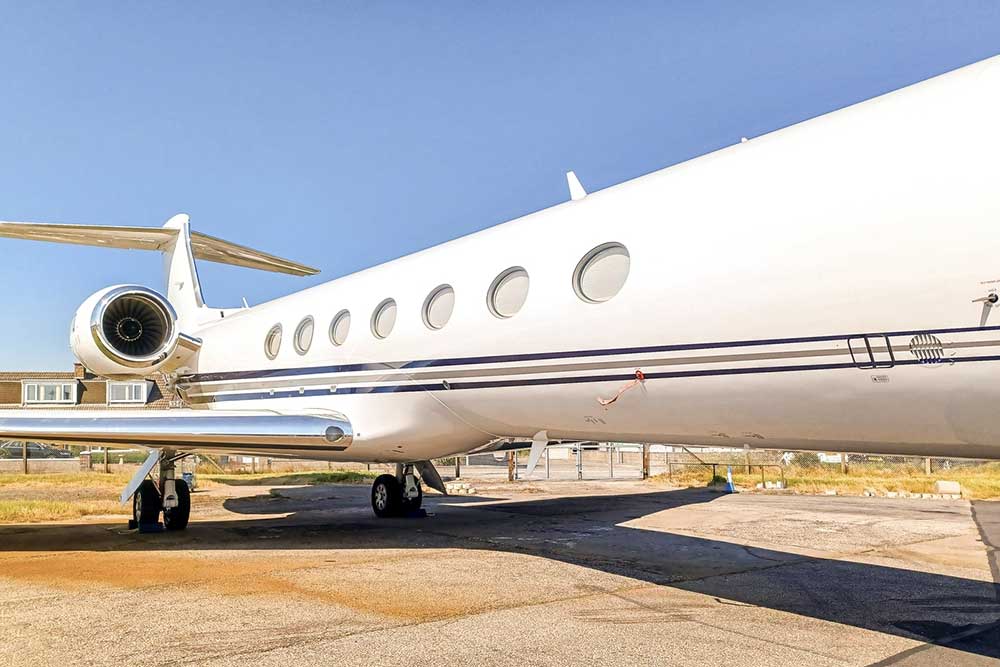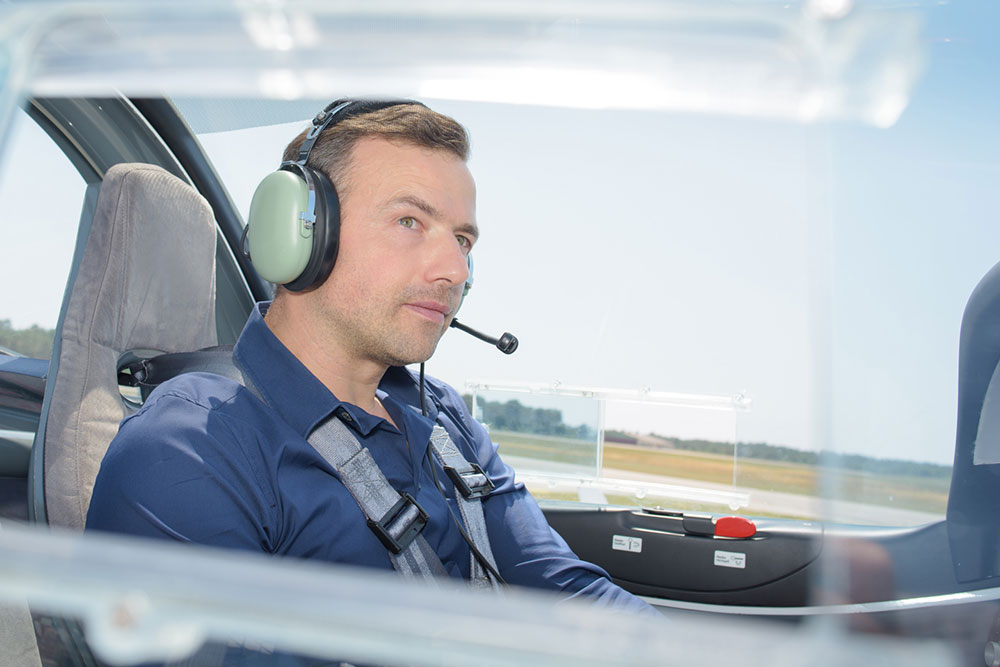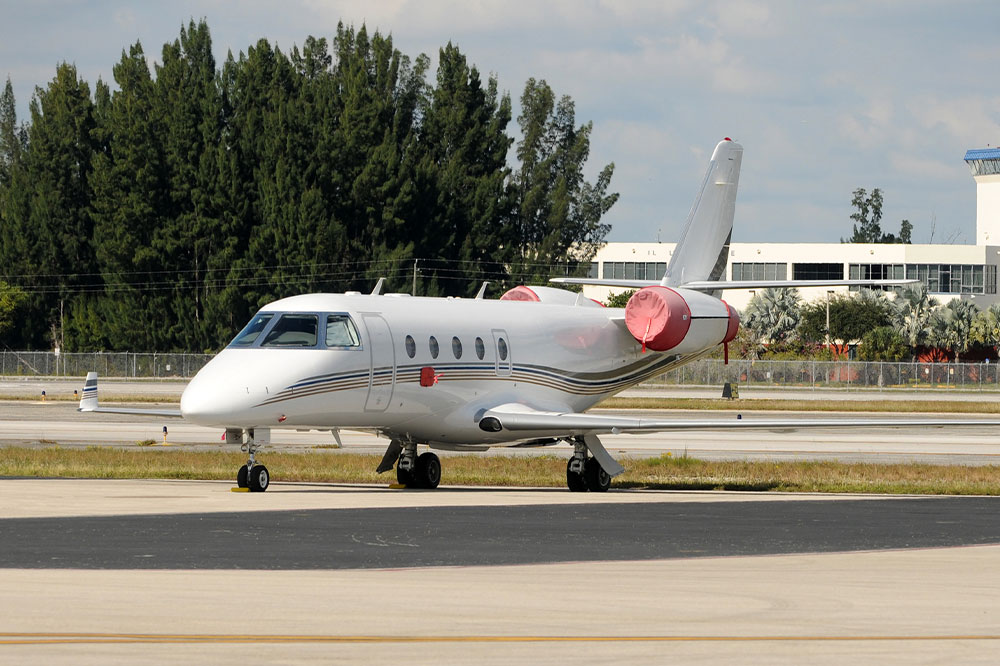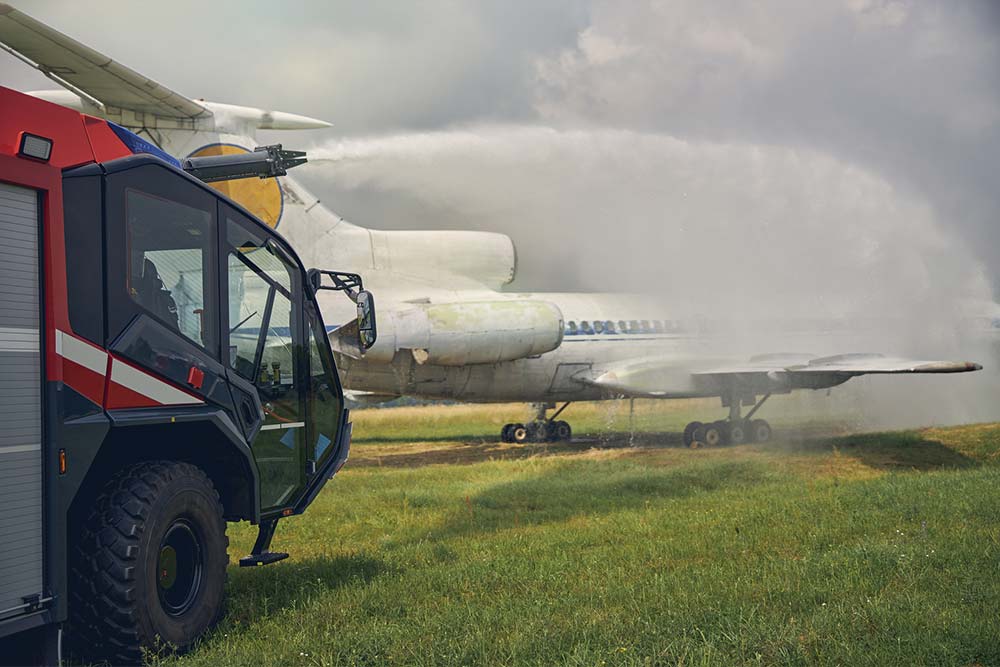Comprehensive Guide to Aviation Education and Training Options
Explore a wide array of aviation training programs and degrees designed to launch your aviation career. From flight certification and aeronautics degrees to safety, management, and air traffic control, this guide highlights reputable schools and pathways. Find the right program to match your ambitions, whether you're aiming to pilot aircraft, manage airports, or specialize in aviation safety or finance. Make informed decisions and take the first step towards a rewarding career in aviation industry.

Aviation Education & Training Options You Should Explore
The field of aviation encompasses much more than just piloting aircraft; it includes safety management, air traffic control, quality assurance, and airline operations. Aspiring professionals can choose from a variety of training programs, degree pathways, and specialized courses offered by respected institutions nationwide. Selecting reputable schools and universities will give you a competitive edge and help launch a successful career in aviation.
1. FAA Certification from Zero to Commercial Pilot License (CPL)
Achieving a commercial pilot license starts with the FAA Zero to CPL program. Offered by Flying Academy, an international flight school aligned with FAA standards, this course combines ground instruction and practical flight training. The program includes online theoretical modules for beginners and comprehensive flight experience, suitable for those with little to no aviation background.
2. Bachelor’s Degree in Aeronautical Science
This program offers an in-depth look into aviation science along with pilot training opportunities. Enrollees study aircraft operation, aerodynamics, and aviation technology, often earning a pilot certification and possibly becoming flight instructors. The program typically lasts four to five years and opens diverse career paths, including piloting and aviation consultancy. The John D. Odegard School of Aerospace Sciences is a notable provider, offering specializations like airplane or helicopter flight training.
3. Bachelor’s Program in Aviation Safety and Operations
This course emphasizes the safety challenges in the aviation industry. Also offered by the John D. Odegard School, it covers areas such as flight data analysis, safety management systems, and human factors influencing safety. Graduates can pursue roles like safety managers, accident investigators, and safety inspectors, with the program lasting about four years.
4. Degree in Aviation Management
For those interested in the business side of aviation, options include the Aviation Management and Operations program at the College of Aviation. It covers airline management, logistics, and international aviation operations. The John D. Odegard School also offers a bachelor’s in aviation management, preparing students for careers in aircraft sales, quality assurance, or operations management.
5. Airport Operations and Management
This program, available at Western Michigan University, trains students in airport planning, security, emergency management, and leadership. It provides foundational skills for managing airport facilities and operations. Many students also choose to pursue related degrees in aviation management for further specialization.
6. Degree in Air Traffic Control
Air traffic management is a critical aspect of aviation safety. The Polytechnic School offers an undergraduate program focusing on controlling aircraft movements and ensuring seamless traffic flow. Graduates can look forward to careers such as airline dispatchers or airfield operation specialists, handling complex coordination tasks.
7. Aviation Finance and Budgeting
Purdue University’s Polytechnic Institute offers a specialized degree in aviation financial analysis. This program covers financial operations within the aviation sector, including risk management, investment strategies, and fiscal planning. Students also learn about aerospace propulsion, tracking systems, and industry economics, preparing them for finance-focused roles in aviation companies.
Selecting an appropriate aviation training program entails examining eligibility, program duration, curriculum focus, and career outcomes. The best choice aligns with your long-term goals and industry demands.
Note:
Our blog provides a broad range of educational content to inform and guide readers. While we strive to offer accurate and useful insights, we recommend verifying details independently. We are not responsible for discrepancies or outdated information found elsewhere. Additionally, some offers or schemes mentioned may differ across regions or change over time.









